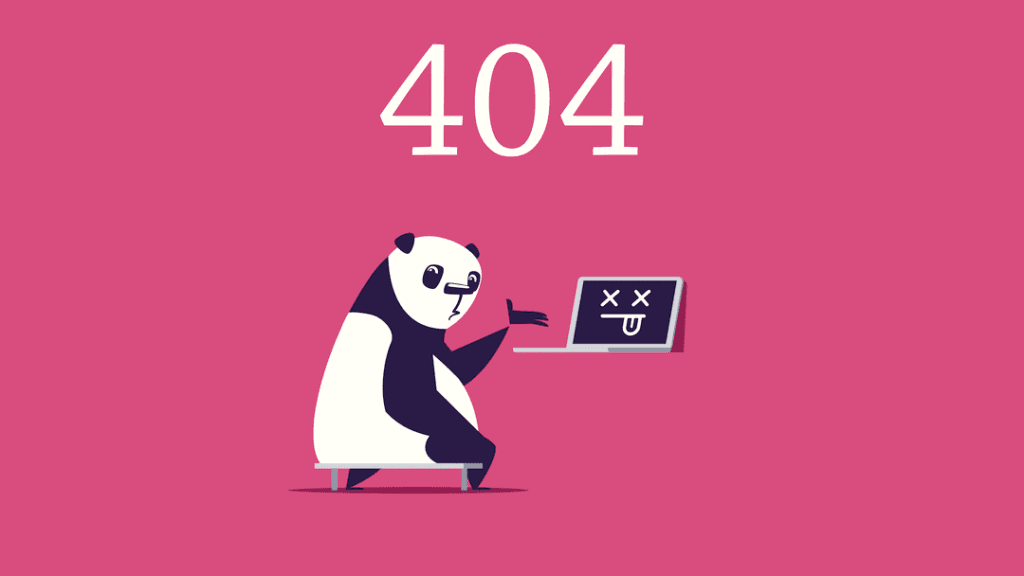
Oops! The page you’re looking for isn’t here.
Go back to the homepage or try searching.
Get the latest creative news from FooBar about art, design and business.

Oops! The page you’re looking for isn’t here.
Go back to the homepage or try searching.
